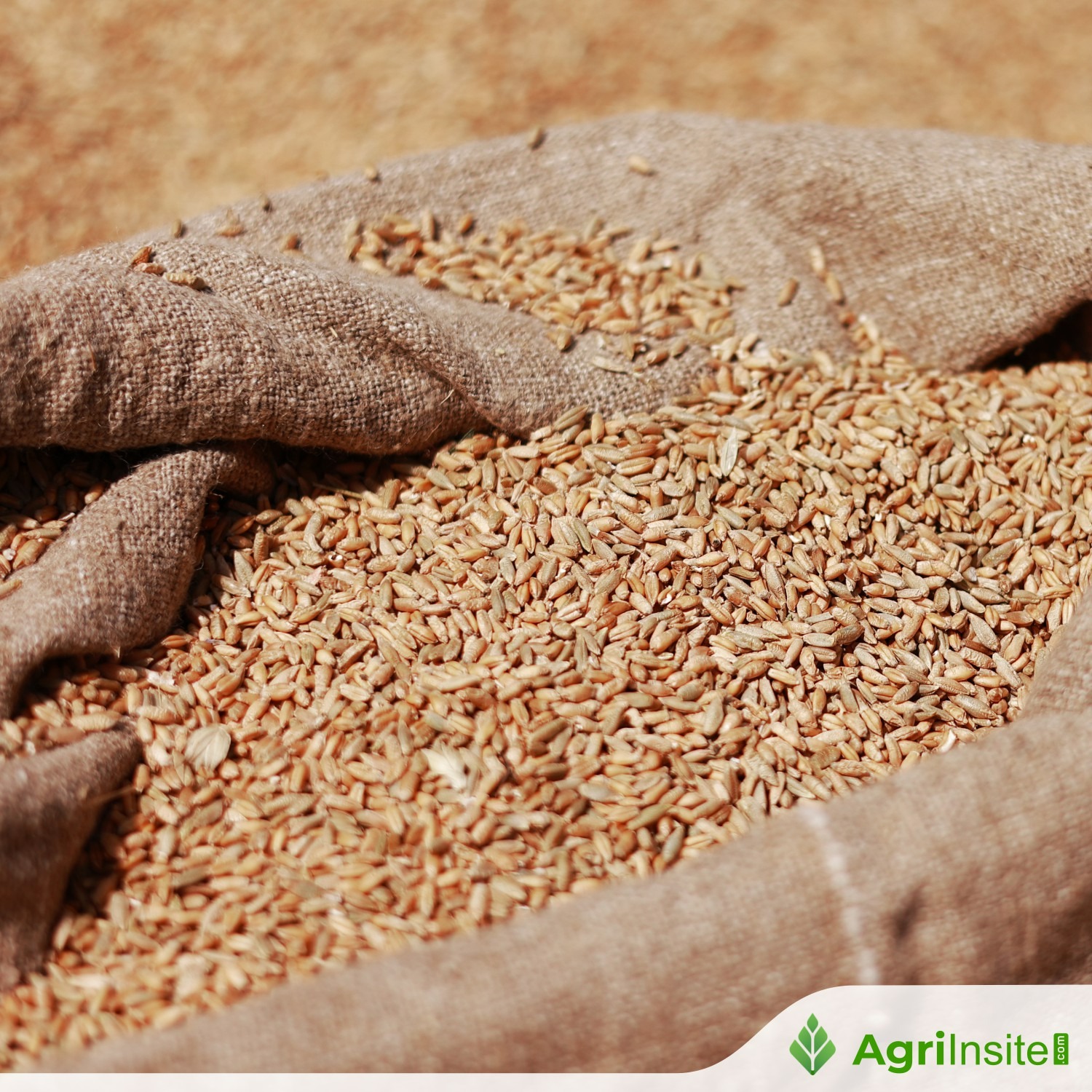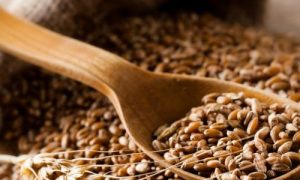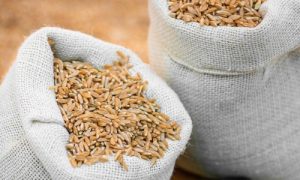Morocco to import 20% of soft wheat needs from the US

Morocco will import up to 20% of its annual soft wheat needs from the U.S. for the first time, amid falling global prices and France’s recent production drop. The move aims to cut costs, build reserves covering six months of consumption, and reduce the state’s financial burden, with imports starting in August.
Morocco will import up to 20% of its annual soft wheat needs from the United States for the first time, according to Moulay Abdelkader Alaoui, president of the National Federation of Milling (FNM).
This strategic shift comes amid a global drop in wheat prices, driven by expectations of record harvests worldwide, Alaoui told Medias24.
The decision to diversify suppliers follows a significant decline in international wheat prices, which are expected to remain low through the end of the year.
This favorable market condition allows Morocco to secure wheat at lower costs, extend its national security stock, and reduce the financial burden on the state.
The move also comes after France, Morocco’s traditional supplier, experienced a 30% drop in production in 2024 but is now anticipating a strong recovery in 2025.
To capitalize on the current price trends, the Moroccan government has introduced storage incentives for importers.
These incentives aim to encourage the private sector to stockpile up to 8 million quintals of soft wheat on behalf of the state, equivalent to two months of national consumption.
With this new strategy, Morocco aims to build a national wheat reserve capable of covering up to six months of consumption, doubling the usual stock levels, Medias24 reported.
Large-scale purchases are expected to begin in August, as Moroccan importers take advantage of the competitive pricing and favorable storage conditions. The shift toward U.S. wheat marks a significant development in Morocco’s agricultural import policy and reflects a broader effort to adapt to changing global market dynamics.
To Read more about Wheat News continue reading Agriinsite.com
Source : North Africa Post
















